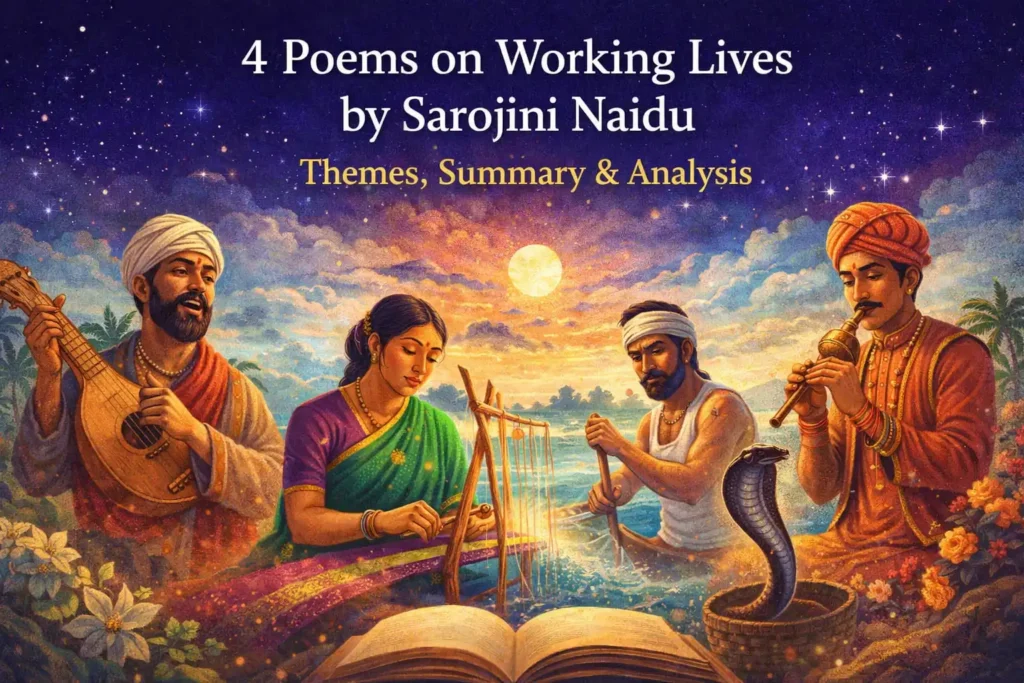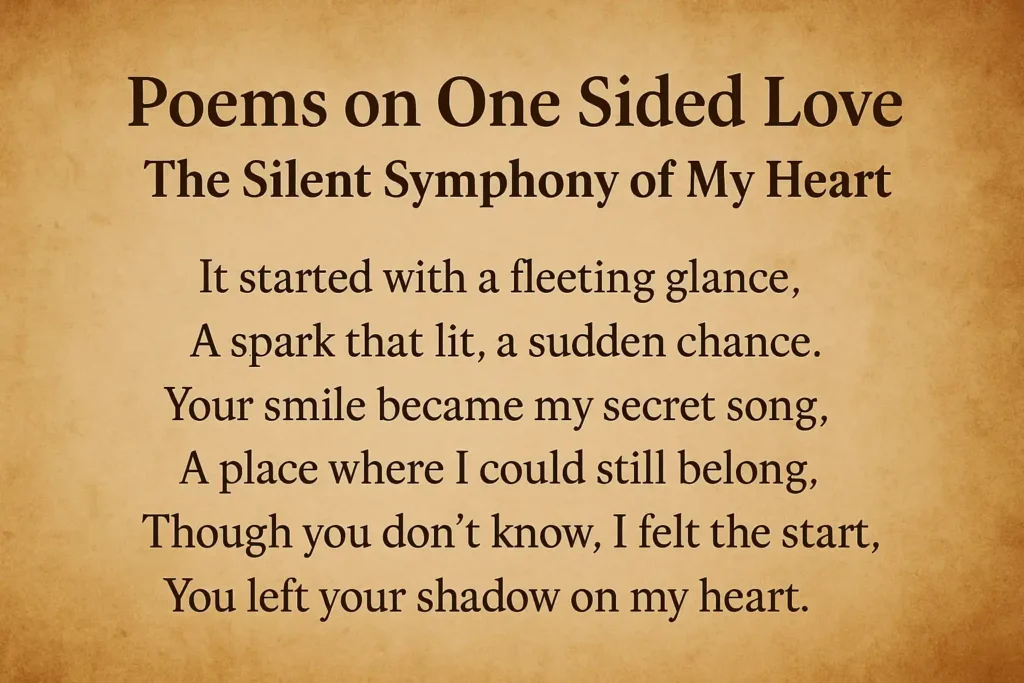“Success is counted sweetest” is a short poem by Emily Dickinson. The introduction of the poem sets the tone for the exploration of the theme of success and its perception by those who have not achieved it. It introduces the idea that success is most appreciated or valued by those who have not directly experienced it themselves. The use of the word “sweetest” suggests that success is most deeply appreciated or savored by those who have longed for it or struggled to attain it. This sets the stage for the subsequent lines, where Dickinson further explores this idea through vivid imagery and metaphor.
Table of Contents
Success is Counted Sweetest Poem Lyrics
A Poem by Emily Dickinson
Success is counted sweetest
~ Emily Dickinson
By those who ne’er succeed.
To comprehend a nectar
Requires sorest need.
Not one of all the purple Host
Who took the Flag today
Can tell the definition
So clear of victory
As he defeated – dying –
On whose forbidden ear
The distant strains of triumph
Burst agonized and clear!
Source: The Poems of Emily Dickinson Edited by R. W. Franklin (Harvard University Press, 1999)
Success is Counted Sweetest Poem Meaning
Success is counted sweetest
~ Emily Dickinson
By those who ne’er succeed.
To comprehend a nectar
Requires sorest need.
Source: The Poems of Emily Dickinson Edited by R. W. Franklin (Harvard University Press, 1999)
These lines from Emily Dickinson’s poem “Success is counted sweetest” convey the idea that those who have never experienced success often have a deeper understanding and appreciation of it compared to those who have achieved it. The phrase “Success is counted sweetest” suggests that success is most valued or appreciated by those who have never attained it themselves. This sets up the contrast with the next line, “By those who ne’er succeed,” implying that those who have failed to achieve success are the ones who truly understand its sweetness or significance.
The following lines, “To comprehend a nectar / Requires sorest need,” use metaphorical language to further illustrate this point. The comparison of success to nectar suggests that it is something desirable and precious. However, the idea that comprehending or truly understanding this “nectar” requires “sorest need” implies that those who have experienced failure or deprivation are the ones who can truly appreciate the value of success. Overall, these lines highlight the complex relationship between success, failure, and the perception of achievement.
Not one of all the purple Host
~ Emily Dickinson
Who took the Flag today
Can tell the definition
So clear of victory
Source: The Poems of Emily Dickinson Edited by R. W. Franklin (Harvard University Press, 1999)
“Not one of all the purple Host” refers to the soldiers or participants in a battle or competition. The “purple Host” could symbolize the victorious side, as purple historically denotes royalty or victory.
“Who took the Flag today” suggests that these individuals have won or achieved some form of success or victory.
“Can tell the definition / So clear of victory” indicates that despite their victory, those who have won cannot truly comprehend or appreciate the full meaning or definition of victory. The word “definition” implies a complete understanding, but even those who have achieved success cannot fully grasp its significance because they haven’t experienced the perspective of defeat or longing for success.
In essence, these lines convey the idea that true understanding of victory or success often comes from experiencing failure or defeat, rather than from achieving success itself.
As he defeated – dying –
~ Emily Dickinson
On whose forbidden ear
The distant strains of triumph
Burst agonized and clear!
Source: The Poems of Emily Dickinson Edited by R. W. Franklin (Harvard University Press, 1999)
These lines are from Emily Dickinson’s poem “Success is counted sweetest.” Let’s break down the meaning:
“As he defeated – dying –” – This line refers to someone who is experiencing defeat or failure, possibly in a literal or metaphorical sense. The person is in the process of losing or failing.
“On whose forbidden ear” – This phrase suggests that the person experiencing defeat is forbidden from hearing or fully comprehending something, possibly due to their current circumstances or state of mind.
“The distant strains of triumph / Burst agonized and clear!” – Here, Dickinson portrays a poignant image. Despite facing defeat, the individual hears the distant sounds of triumph, possibly from their victorious opponent. The word “agonized” suggests that this realization of the distance between their failure and the success of others is painful, yet the sounds of triumph are still clear and undeniable.
Overall, these lines explore the bittersweet nature of success and failure, highlighting how the experience of defeat can intensify one’s perception of victory.
Success is Counted Sweetest Poem Summary
“Success is counted sweetest” is a short poem by Emily Dickinson that explores the nature of success and its perception by those who have not achieved it. The poem suggests that success is most valued or appreciated by those who have never attained it themselves. It begins with the assertion that success is most keenly understood by those who have experienced failure, with the famous lines “Success is counted sweetest / By those who ne’er succeed.”
The poem continues by using vivid imagery and metaphor to convey this idea. Dickinson compares success to a “nectar” that is most appreciated by those in “sorest need,” implying that those who have experienced failure or deprivation are the ones who can truly understand its sweetness.
The final stanza introduces a metaphor involving a defeated soldier who, on the brink of death, hears the distant sounds of triumph. This imagery underscores the theme of the poem, suggesting that the true value of success is best understood by those who have experienced failure firsthand.
Overall, “Success is counted sweetest” explores the complex relationship between success and failure, highlighting the idea that success is often most appreciated by those who have struggled to attain it.



















